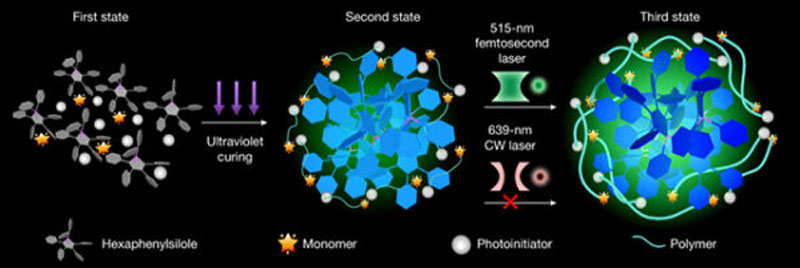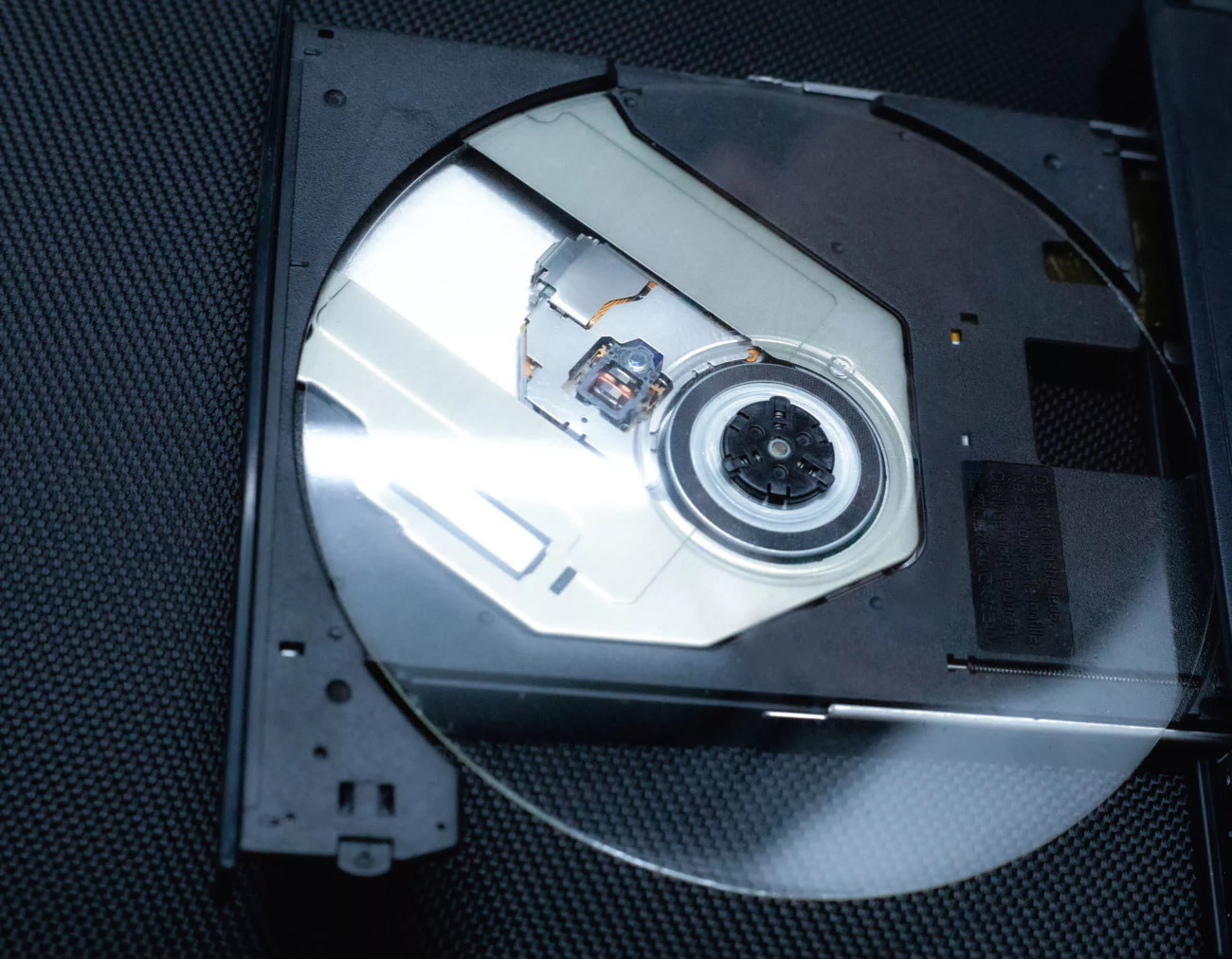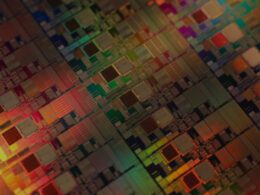Chinese scientists are on the brink of achieving something which Japanese developers have been striving for, for years. While Japanese researchers stopped with the development of 128GB four-layer Blu-ray discs, their Chinese peers have crossed this threshold to develop a cutting-edge data storage technology that’s set to revolutionize data storage and retrieval.
A recent article in Nature suggests that these new optical discs, developed by scientists in China, are similar in size to ordinary DVDs. Remarkably, each side of the disc contains 100 recording layers separated by a transparent layer just 1 micron thick. For reference, a 100-layer disc developed by Hitachi had just 50 layers per side with a gap of 60 microns between each layer.
These futuristic discs can store an astounding 1.6 petabytes (200 terabytes) of information, nearly ten times the capacity of traditional hard drives. Even a small stack of these discs could hold the equivalent data of an entire data center.
The scientists from Shanghai University of Science and Technology, Peking University, Shanghai Institute of Optics and Fine Mechanics, and the Key Laboratory of Photochemistry of the Chinese Academy of Sciences, like Hitachi, utilized a femtosecond laser to record data in these discs. Nevertheless, their task was far more complex considering the huge data volume these discs were designed for.
As stated in the Nature paper: “We have developed an optical recording medium based on a photoresist film alloyed with emission dye, which can be stimulated optically with femtosecond laser beams. This film features high clarity and homogeneity, and the emission phenomenon induced by aggregation provides a mechanism for storage.”

In simple terms, the laser impulses trigger the dye fixed in the photoresist film that responds to light, achieving data storage. Though the technology is yet to be fully developed for commercial use and requires improvements in terms of writing/reading speeds as well as the development of recording and reading devices, these discs possess massive potential for data archiving. Scientists claim these discs can last anywhere between 50 to 100 years and only consume energy during writing and reading.
Up to now, no similar project has reached the marketable product stage. However, as artificial intelligence proliferates, generating untold amounts of data, and as data centers consume increasing units of national power generation, the world critically needs such high-capacity, energy-efficient data storage solutions.





